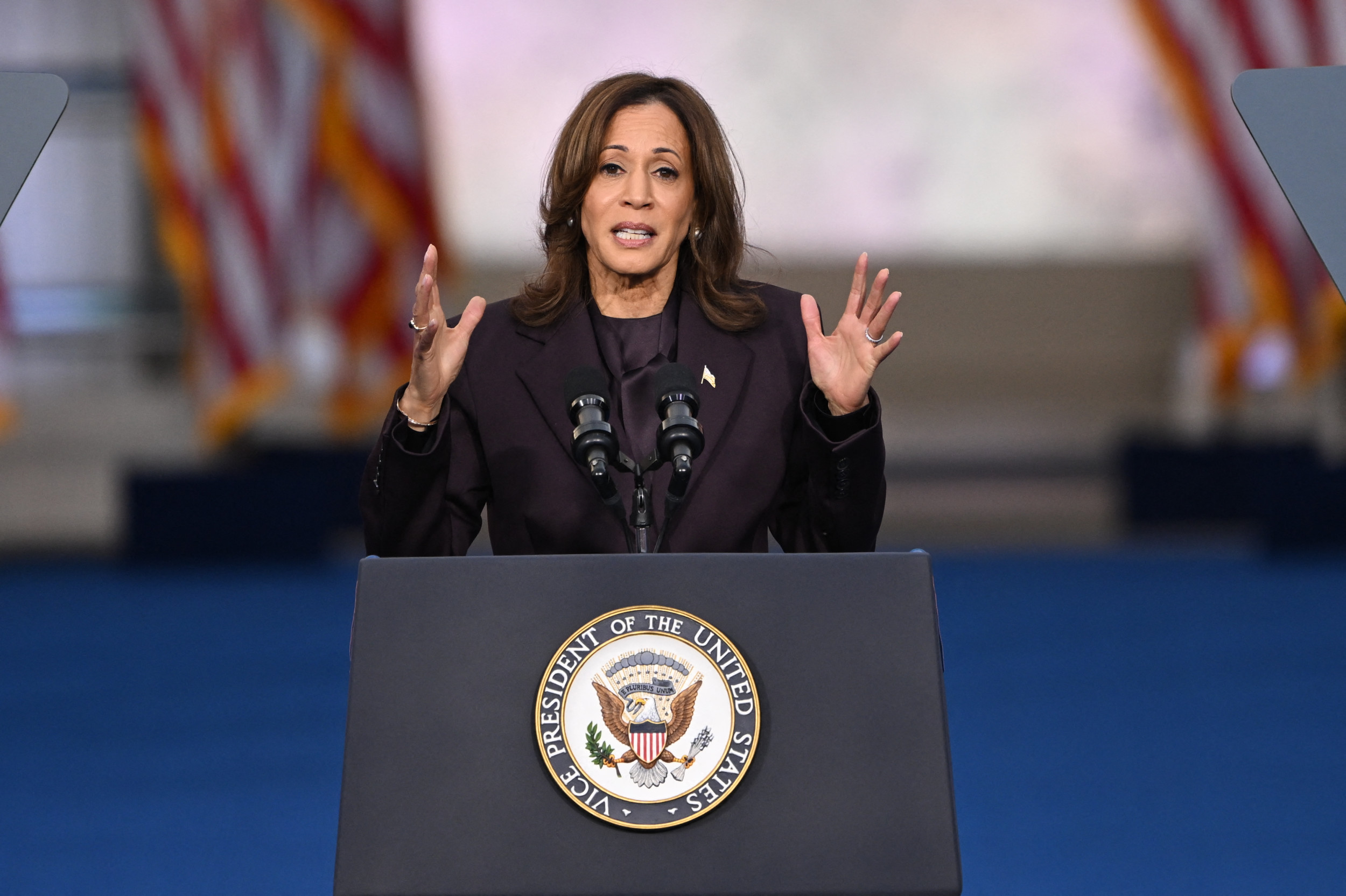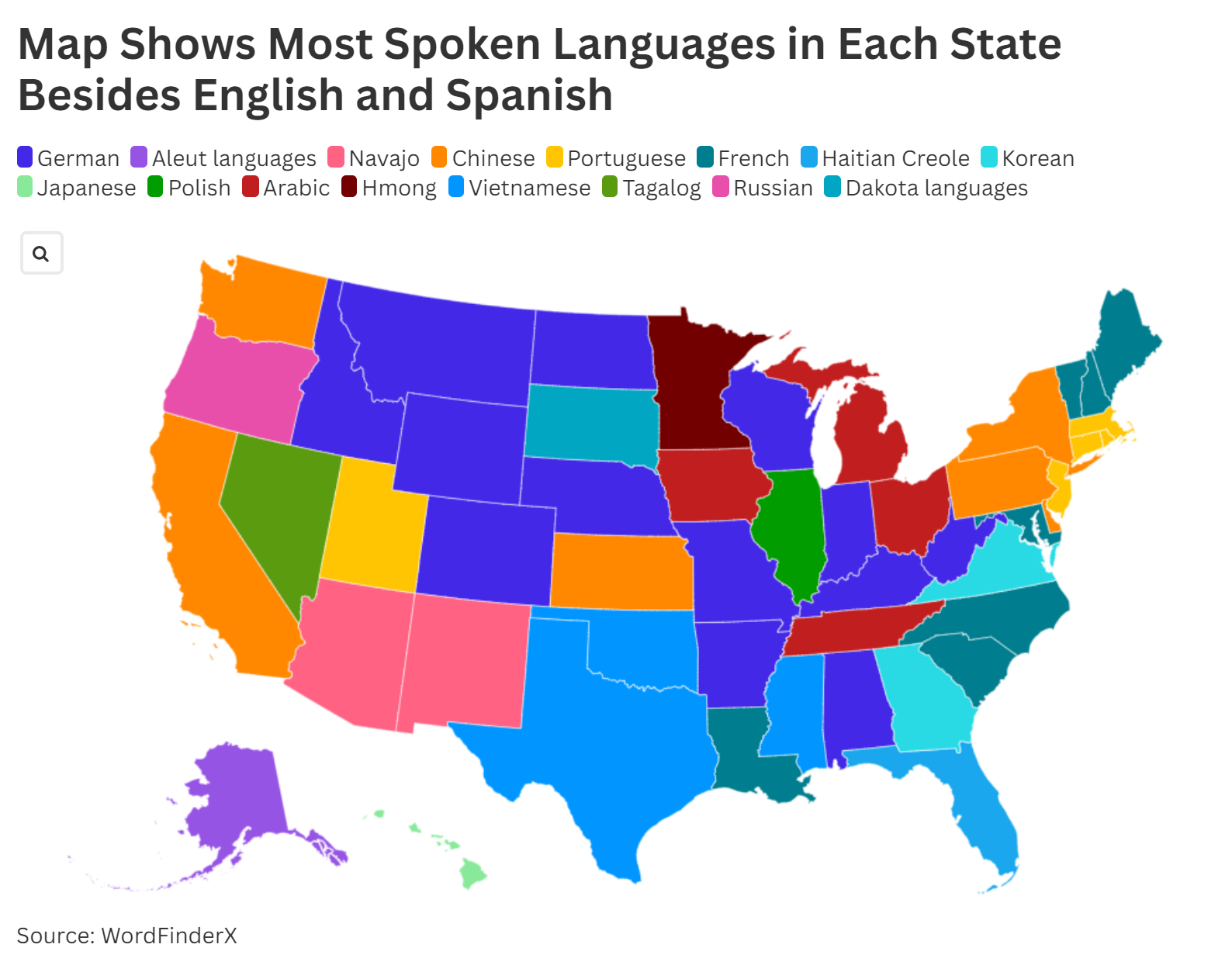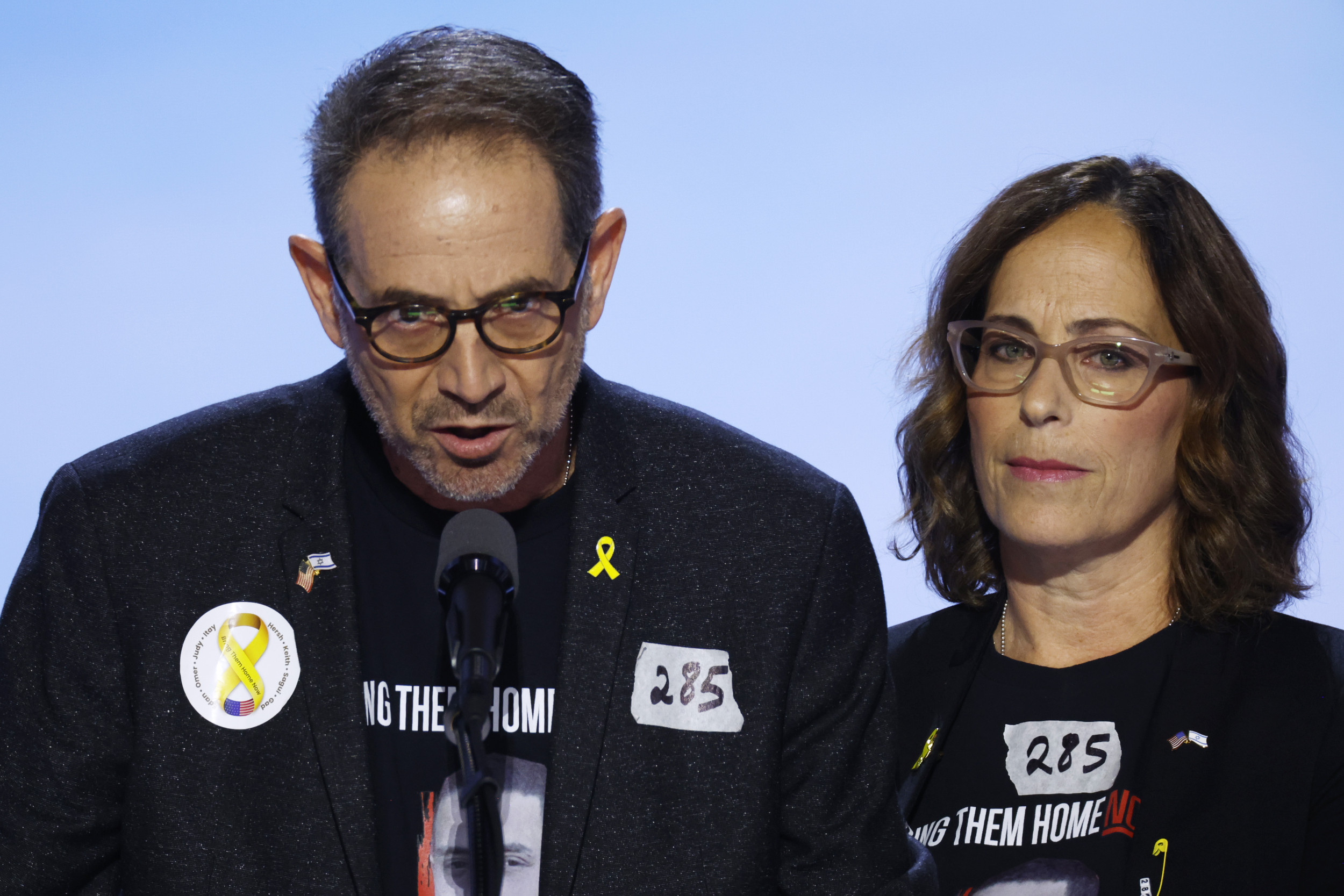President Joe Biden used the Thanksgiving holiday to voice his concerns about President-elect Donald Trump's proposed tariffs on imported goods, urging him to reconsider the measures.
Speaking to reporters in Nantucket, Massachusetts, where he addressed first responders at a fire station, Biden described the proposals as "counterproductive" and called on Trump to rethink the sweeping measures. The president-elect has pledged to impose tariffs on goods from China, Mexico, and Canada.
"I hope he rethinks it. It's counterproductive," Biden said.
Newsweek has reached out to Trump's transition team for comment via email on Thursday.
Trump has stated that, on his first day in office, he will impose a 25 percent tariff on all goods imported from Mexico and Canada until those countries take sufficient action to stop illegal immigration and the flow of drugs like fentanyl into the United States.
Canada and Mexico are major trading partners with the U.S., accounting for almost 30 percent of U.S. trade volume. Canada is also one of the most trade-dependent countries in the world, with 75 percent of its exports going to the U.S., so higher tariffs would have a significant effect on Canada's economy.
Additionally, Trump posted on Monday that Chinese imports would face a 10 percent tariff until Beijing cracks down on the production of materials used to make fentanyl.
China and Mexico are the two countries trafficking the most fentanyl and fentanyl-related products into the U.S., according to the Associated Press, per the U.S. Drug Enforcement Agency (DEA).

During his remarks on Thursday, Biden also emphasized the importance of a smooth presidential transition while warning about the significant challenges such tariffs could bring. "I want to make sure this transition goes smoothly," he said, underscoring the need for cooperation between the incoming administration and Congress.
The transition period has shifted the focus to tariff-driven conversations over the past week as Trump has shared parts of his economic agenda. The president-elect frequently used tariffs on foreign goods during his first presidency, though their impact on the overall economy was minimal.
The new tariffs proposed by Trump, however, are significantly larger and could have far more substantial effects.
If the U.S. imposes additional tariffs on all goods from Mexico, Canada, and China, it could generate about $266 billion in tax revenue, assuming no trade disruptions or retaliation. However, these costs would likely be passed on to U.S. families, importers, and companies through higher prices or reduced profits.
Mexico, Canada, and China have reacted differently to the tariff proposals. Mexican President Claudia Sheinbaum described a friendly conversation with Trump aimed at easing tensions over the proposed tariffs on Mexican imports. While tariffs weren't directly addressed, the discussion focused on migration and fentanyl trafficking, with Sheinbaum optimistic about avoiding a tariff conflict.
Canadian Prime Minister Justin Trudeau also spoke with Trump but is preparing for possible retaliatory tariffs on U.S. goods. Trudeau and other leaders are stressing the economic ties between the two countries while planning their response.
China criticized Trump's tariff proposal, accusing his administration of unfairly blaming China for America's opioid crisis in connection with fentanyl flows.
Some former Biden administration officials expressed concerns that companies might exploit Trump's tariffs, if implemented, as a pretext to raise their prices. This echoes similar price hikes by many companies in 2022 when Russia's invasion of Ukraine drove up food and energy costs, providing cover for further price increases.
"I'm very worried about the total indiscriminate tariffs on more than China — that it gives cover to firms to jack up prices," Jen Harris, a former Biden White House official who is now director of the Economy and Society Initiative at the William and Flora Hewlett Foundation, told the Associated Press.
Data, meanwhile, from Trump's first presidency suggest that his tariffs failed to deliver on promises of significant factory job growth and did not trigger the runaway inflation critics had feared.









.png)









 English (US) ·
English (US) ·